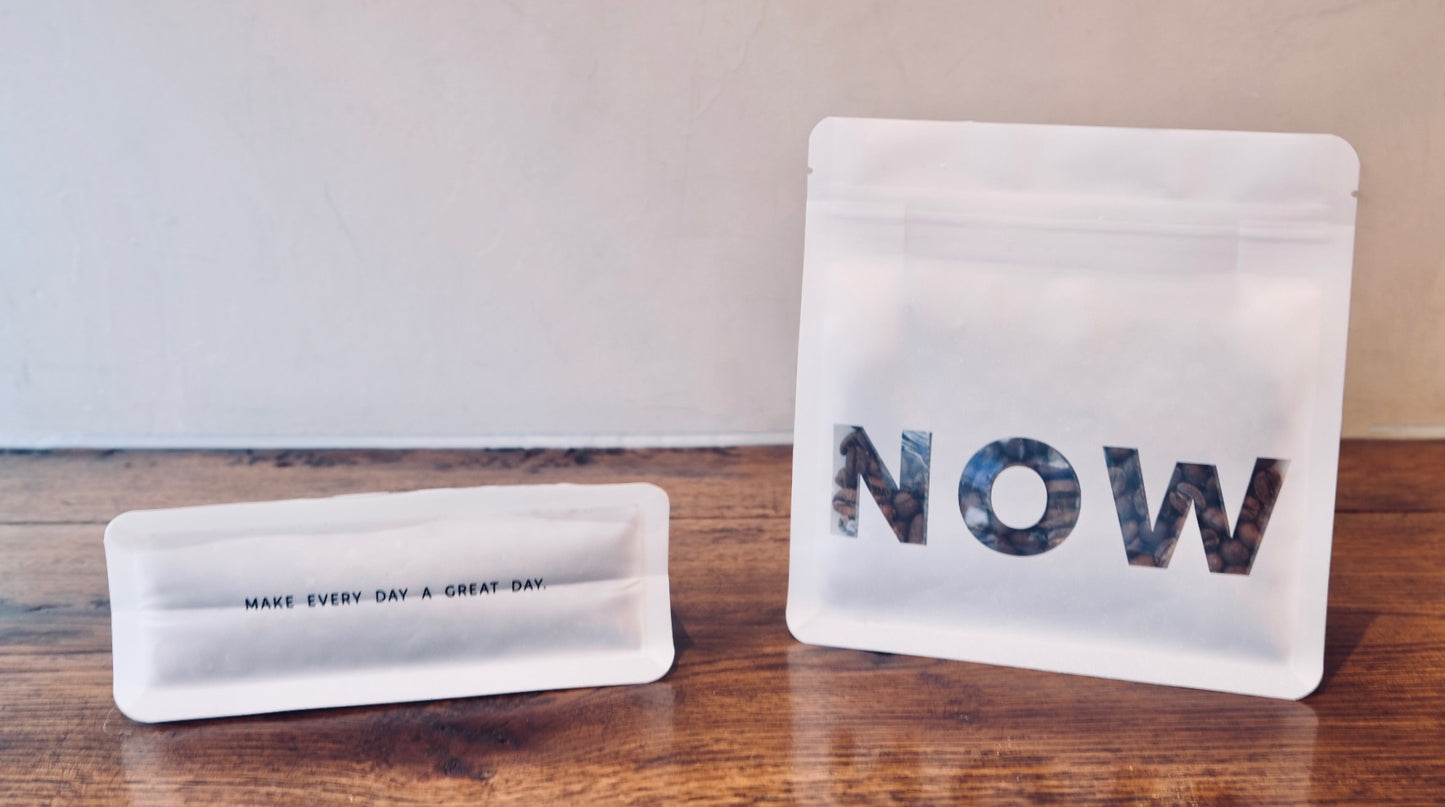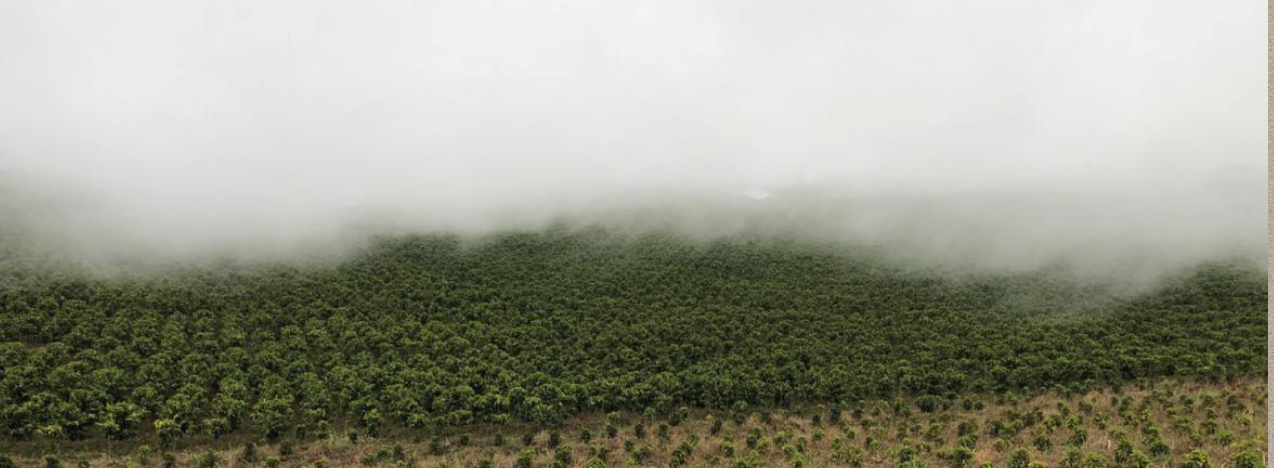04: COSTA RICA VOLCAN AZUL ALEJO CASTRO SL-28 WASHED
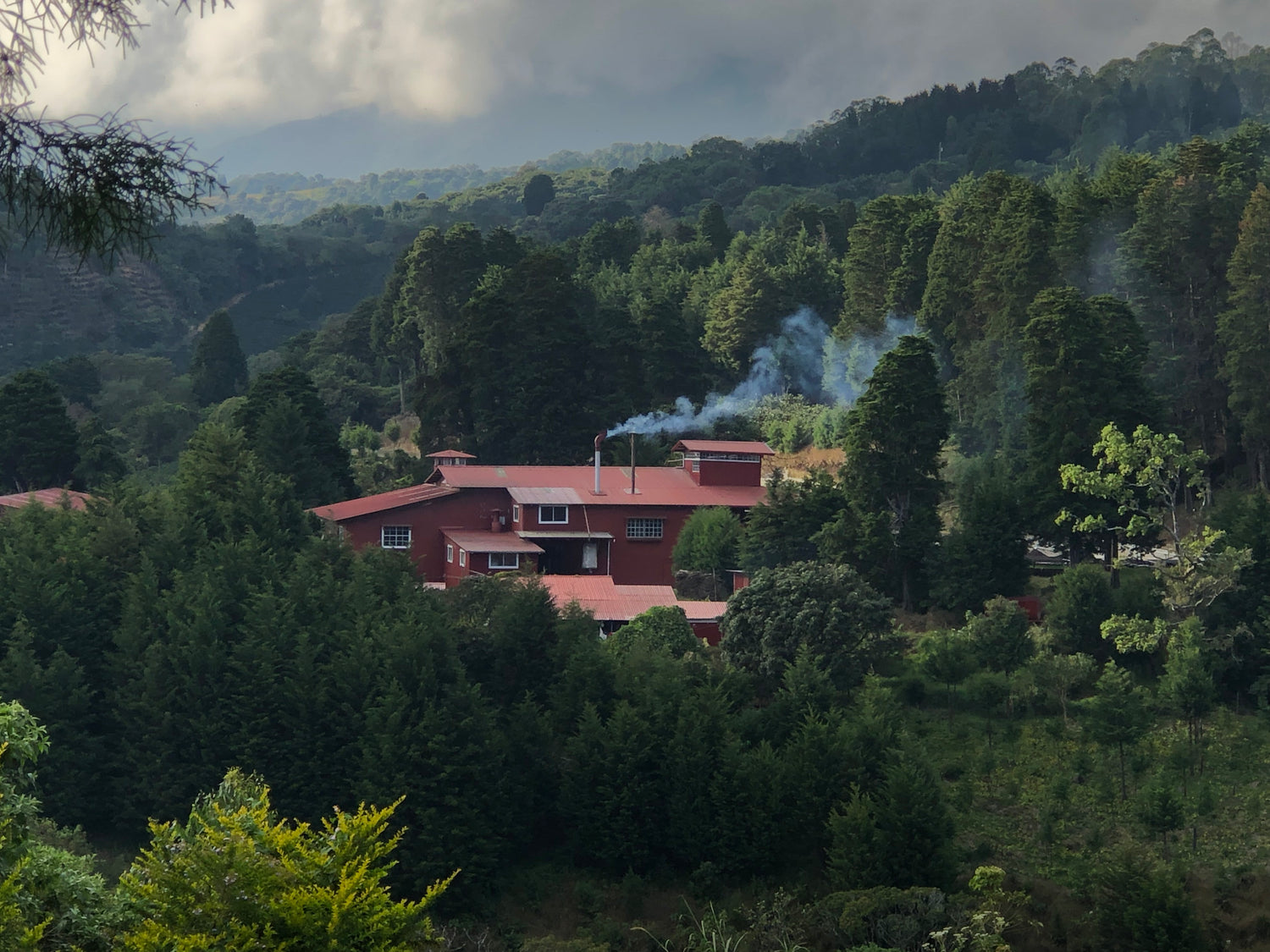
ABOUT F.C.J. VOLCAN AZUL
This chapter we stay in Costa Rica, and introduce a much historic family, Volcan Azul.
At the beginning of the 19th century, when coffee production was in its early beginnings in America, without knowing it, two pioneers and entrepreneurs, Alejo C. Jiménez in Costa Rica and Wilhelm Kahle in the south of Mexico, shared the same dream: “To produce the best coffee in the world” to satisfy the new demanding European gourmet market.
Today, descendants of these visionary farmers still produce coffee within the same ideals of excellency and top quality that inspired their ancestors that continue with the tradition in Costa Rica
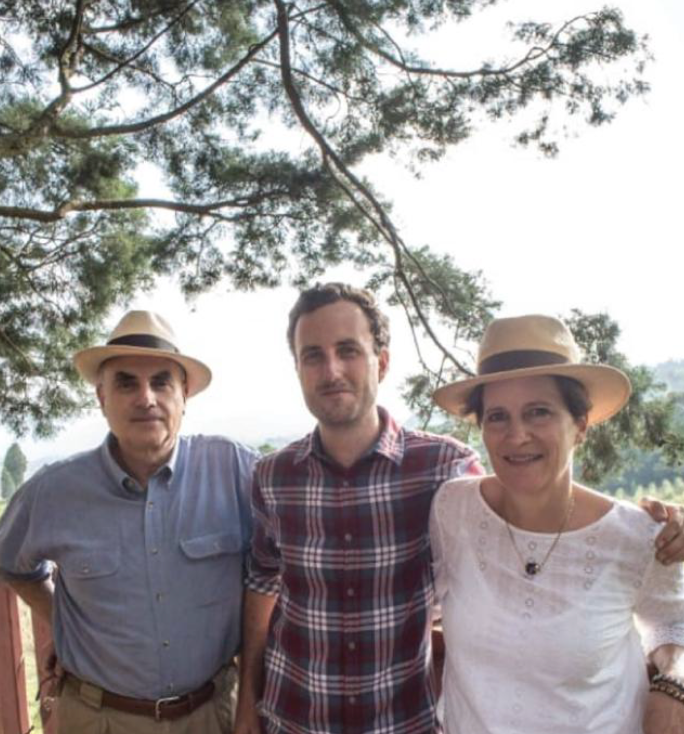
For Alejo’s family, the conservation of natural resources is of prime value, which is why they are committed to protecting vast extensions of tropical rainforest in the Costa Rica since the 1980’s. They have come to acquire over 1,500 hectares of rainforest for ecological preservation in areas where they plant their coffee as well as in the Osa Peninsula, a region in the South of Costa Rica known for holding 2.5% of the Earth’s Biodiversity.
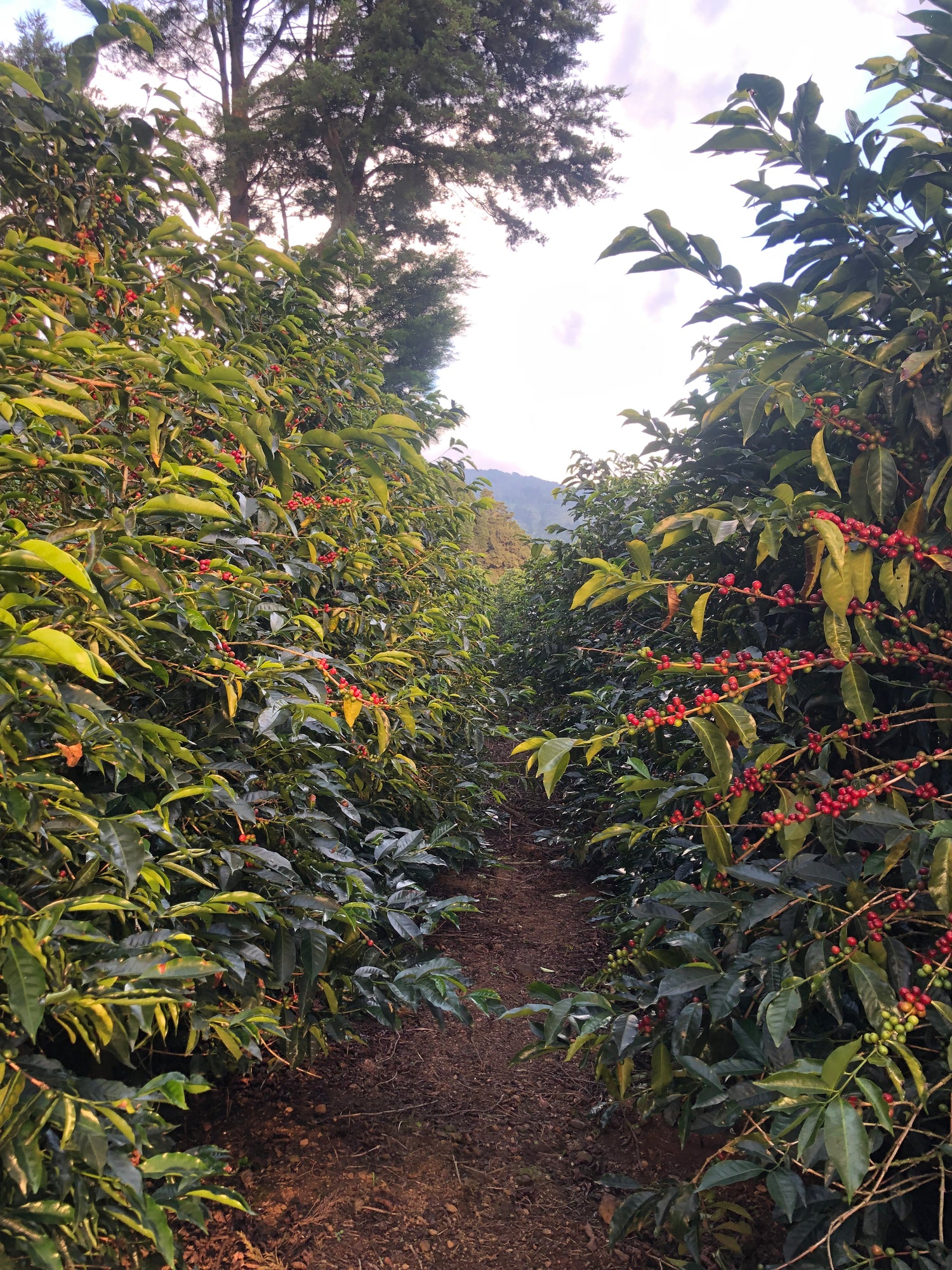
ABOUT THE COFFEE
The farms are located on the slopes of Barva and Poás Volcano in Central and West Valley and in Saints region.
The variety SL28 was one the limited selection of exclusive micro and nano batches of Volcan Azul offer.
Coffee was fully washed, the most traditional process they family does, it lights up lots of Kenya characteristics like berries and bright acidity.
But we would like to offer a little bit more taste of the terroir, our roaster drop the air and give it a nice a gentle hot bath with 8 min and 15s with 55s of development. Result in 69/93.5 agtron number, which give you a lot more sweetness.
INTERVIEW WITH ALEJO CASTRO KAHLE
1. Can you tell me about the history and origins of your coffee farm? How did it all start?
I´m the 7th generation of coffee producers and exporters in our family. From my father's side it started in the 1830´s. Alejo C. Jimenez was the first exporter in our family since the 1840´s. From my mothers side Wilhem Kahle started the coffee tradition in the 1890´s first in Chiapas, Mexico and the Walter Kahle acquired coffee farms in Costa Rica in the 1950´s.
2. What makes your coffee farm unique or distinctive compared to others in the region?
Our farm is 300ha of which 220 ha are just forest conservation. This gives our farm a perfect microclimate to grow coffee and allows us to have different conditions inside the same farm to produce a wide menu of flavours.
3. Could you describe the specific coffee processing methods used on your farm? How do these methods contribute to the flavor profile of your coffee? Maybe the Red Honey
Maybe the Red Honey or you favour processing. We have 6 different processes:
Fully Washed which is our most traditional process where we mechanically wash the mucilage from the bean.
Yellow Honey: we wash 50% of the mucilage
Red Honey: its our full honey. Personally I think this is a nice in between our processes.
Natural: dried with the pulp
Anaerobic: We develop different recipes. We try to be very clean with this process trying not to hide the natural attributes of the coffee.
Double Fermentation: Our funky option, dark cacao plum flavours.
4. Are there any particular steps or techniques that set your coffee processing apart from others?
I believe every mill gives their signature process to their coffees. Our coffees represent our view of respecting the terroir but at the same time giving us the opportunity to have a wide menu of flavours from the same farm.
5. How do you ensure the quality and consistency of your coffee from cultivation to processing?
them. So protecting the forest was in our DNA before it was a trending topic. Second, in our plantations we are always looking for ways to have healthier ecosystems where we use the resources in an efficient way. We are planting hundreds of trees inside our plantations every year so we can have agroforestry.
Socially we give good conditions to our collaborators having good housing, access to services and access to health.
We have a really old tradition with coffee, the only way of continuing the tradition is by being environmentally and socially sustainable.
6. What role does sustainability play in your coffee farming practices? Are there any specific initiatives you have undertaken to promote environmental or social responsibility?
First, we are really proud of our conservancy actions since the early 1980's when my father decided to buy bigger rainforest areas just to protect them. So protecting the forest was in our DNA before it was a trending topic. Second, in our plantations we are always looking for ways to have healthier ecosystems where we use the resources in an efficient way. We are planting hundreds of trees inside our plantations every year so we can have agroforestry. Socially we give good conditions to our collaborators having good housing, access to services and access to health.
7. How do you engage with the local community and support the farmers and workers involved in coffee production?
First we always collaborate with local social organizations. We only process our own coffee so with other farmers we have a friendly relationship where we share ideas, technology and varieties. With workers we have a close communication where they can express their needs.
8. Can you share any memorable or significant moments in the history of your coffee farm?
We are really proud of Alejo C. Jimenez was one of the first producers and exporters in Costa Rica, how he travelled by sailship to Europe to sell coffee in the middle of the 1800´s. We also admire Wilhem and Walter Kahle pushing through unstable and difficult times and being able to produce high quality coffee.
9. What types of coffee varieties do you grow? Do you have any plans to introduce new varieties in the future or expand certain varieties already grown?
We have already tested over 40 varieties. We are always looking for reserve varieties that might be more challenging to produce but have a really high quality like Geisha, SL28, Rume Sudan, Bourbon Pointu, Mocha, Java, Typicas. We are also looking to improve our traditional varieties like Caturra, Villa Sarchí, Catuaí and to develop the best hybrids that will allow our microlot program to have a higher quality. Every year we look for new varieties and hybrids. Our selection will also improve our quality year after year.
10. In your opinion, what is the significance of coffee to your farm and the surrounding community?
In Costa Rica we have to be thankful with coffee, it has given us political, social and economic stability. It's not longer a main economic activity in the country but it started the foundation of our society and we are proud of that. Today coffee is still giving the opportunity to small farmers to continue with the activity by producing high quality coffee that is appreciated worldwide.
NOTES
BREWING RECIPES
brew with V60
15g coffee / 240g water ; 91degC
⏱ 00:00 | 30 grams
⏱ 00:45 | 90 grams (up to 120g)
⏱ 01:30 | 60 grams (up to 180g)
⏱ 02:00 | 60 grams (stop at 240)
Brewing time: ~ 2:30 - 3:00
Brew time for this recipe should be around 2:30
brew with TRICOLATE
12g coffee / 190g water ; 92 degC
⏱ 00:00 | 45 grams
⏱ 01:00 | 70 grams (up to 115g)
⏱ 02:00 | 70 grams (stop at 185g)
⏱ 03:30 | Finish Cut the water around 4:00
Better cut off the water around 3:30, and dilute the coffee to desire TDS
LOOKING FOR OUR NEXT CHAPTER?
JOIN US FOR MORE EXCITED COFFEE
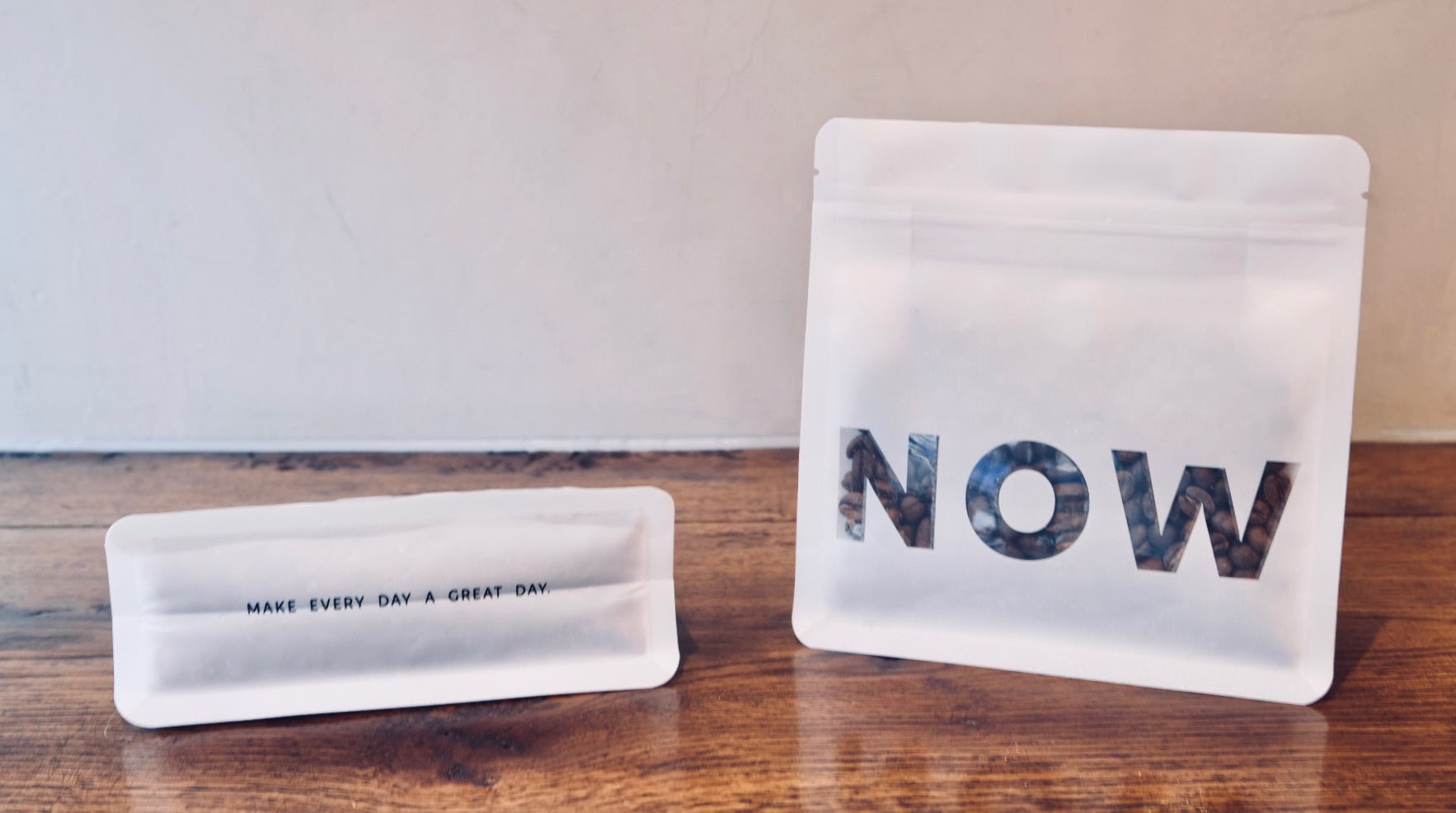
COFFEE : SUBSCRIPTION : NOW

